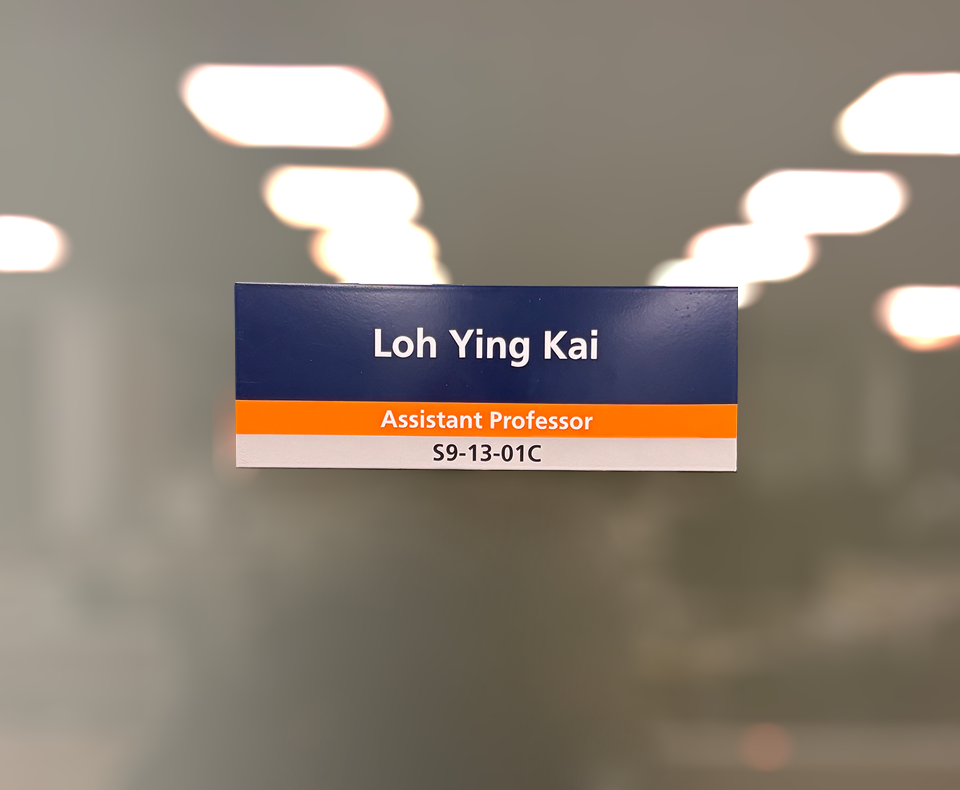
Octet-Defying Lab
Simple questions, profound impact
—YKLab
Carbon obeys the octet rule — a fundamental principle in chemistry.
Can this rule be broken to create stable carbon species with fewer than eight valence electrons?
—
In our lab, we challenge the octet rule, to make octet-defying carbon species by design.
These organic molecules can mimic the behaviour of transition metals. Hence, we seek to harness them as powerful transition metal surrogates, opening new possibilities to a green and sustainable future.






